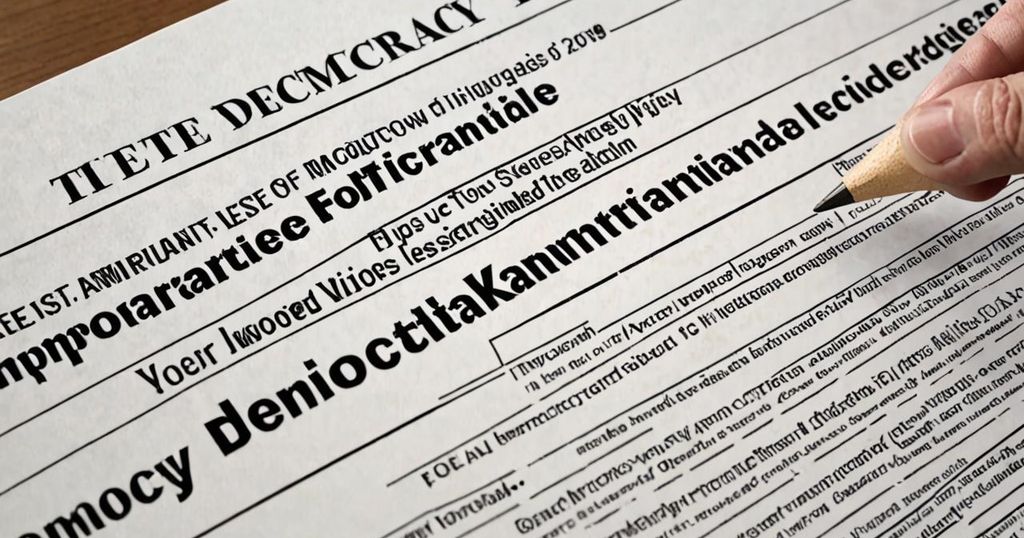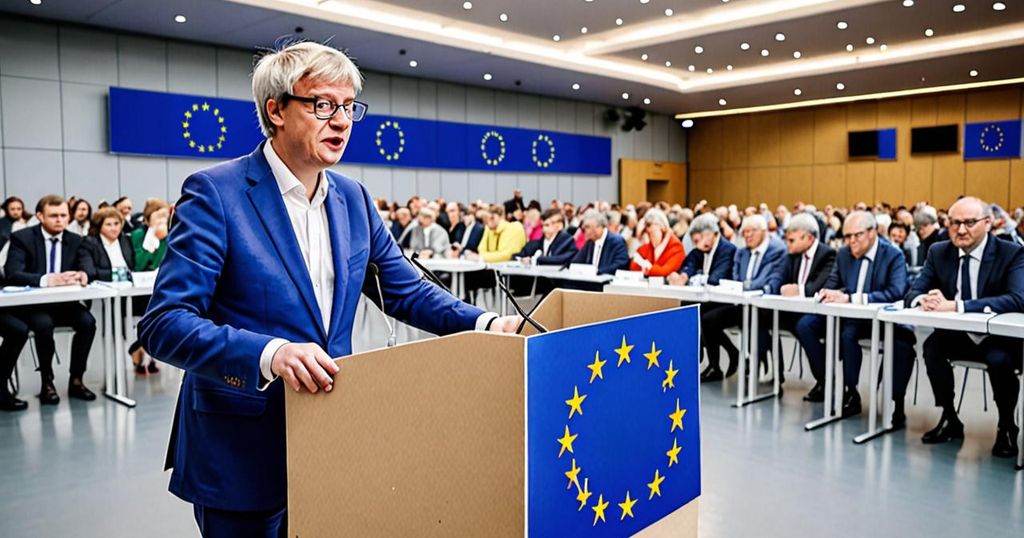In the forthcoming year of 2024, democracy will take center stage as more than 70 countries around the world participate in what is expected to be the largest election year in history. This monumental event raises the critical question of who precisely funds the political campaigns of candidates in these countries.
The Electoral Integrity Global Report 2023, which provides valuable data on the quality of elections worldwide, has identified the transparent reporting of financial accounts as one of the weakest areas in elections. Shockingly, the International Institute for Democracy and Electoral Assistance (International IDEA) revealed that in 50 out of 181 countries, politicians running for office and political parties are not required to report their finances. Even in countries where reports are expected, such as Malta, Indonesia, and Uganda, the true sources of campaign funds remain unidentified, leaving room for corruption and conflicts of interest to flourish.
Transparency in political finance plays a vital role in preserving the integrity of democracy. When politicians are funded in secrecy by wealthy individuals or businesses, it raises concerns on whether their policies and decisions are truly aimed at serving the public’s best interests or rather the interests of their financial backers.
Furthermore, the lack of regulations on anonymous and foreign donations, along with the absence of restrictions on the size of donations, creates an uneven playing field in political campaigns. This not only inhibits grassroots movements from effectively participating in the electoral process but also results in the underrepresentation of important issues and marginalized communities.
As the 10th Conference of States Parties to the United Nations Convention Against Corruption (UNCAC) approaches in Atlanta, Georgia, it presents an opportune moment for world leaders to collectively address the issue of opaque political finance. With transparency in political finance notably absent from the more than 60 resolutions tabled for the conference, it is imperative for the international community to prioritize this critical issue.
To achieve this, here are five key priorities that demand immediate attention:
1. Closing loopholes for illicit funds in politics
2. Introducing digital reporting and disclosure systems
3. Improving oversight and accountability of political finance regimes
4. Promoting knowledge, civic engagement, and public participation
5. Strengthening international cooperation.
In conclusion, transparency in political finance is fundamental in safeguarding democracy. By addressing the loopholes and shortcomings in the political finance systems of various countries, the stage can be set for a future where the interests of the public take precedence over the influence of money. It is crucial for government delegates to champion political finance transparency at UNCAC CoSP and collaborate toward achieving these key priorities for the betterment of democracy across the globe.








